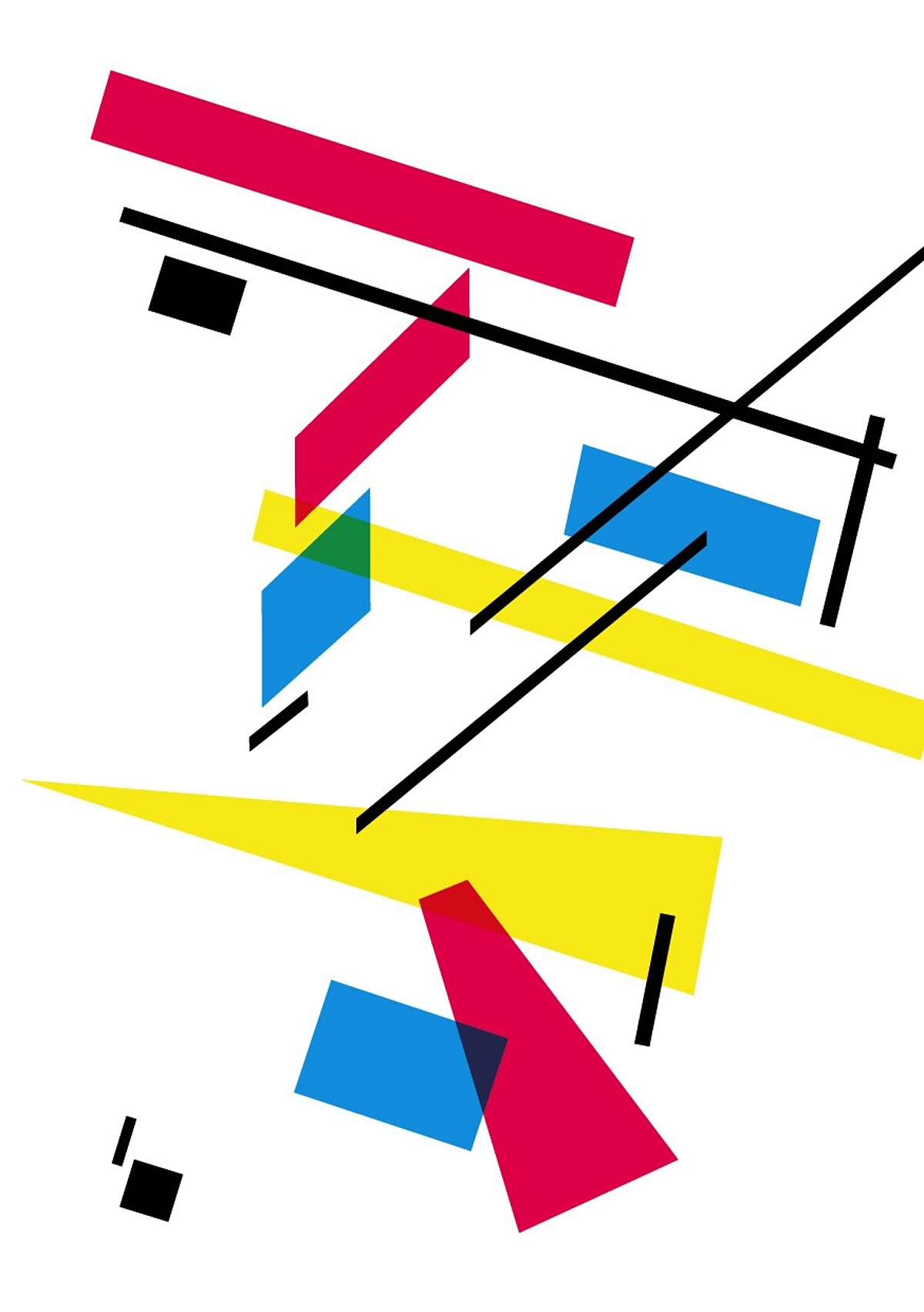
The yearbook consists of articles written by the participants of the 10th International Symposium for Cognition, Logic and Communication ‘Perspectives on Spatial Cognition’ (2014). The issue is edited by Prof. Michael Glanzberg, Northwest University (USA), Assoc. Prof. Jurģis Šķilters, University of Latvia, and Prof. Peter Svenonius, University of Tromso (Norway).
The editors Michael Glanzberg and Jurģis Šķilters describe spatial cognition as the basis for many cognitive abilities, ensuring various verbal and non-verbal conceptual processes. ”Recent studies have shown that spatial reasoning is extremely important for abstract knowledge creation and abstraction processes. Although ther influence of spatial cognition is clear, there are many different and sometimes contradictory theories and methodological perspectives for spatial cognition research,” the editors explain in the preface. The yearbook provides insight into the scope of research and its various perspectives. Empirical, formal and philosophical - these are only some research perspectives represented in the 2014 symposium and the yearbook articles.
Among the publication highlights is research done by Prof. Nora Newcombe – the world’s most distinguished researcher of age group spatial cognition – and her colleagues from Temple University (USA), as well as research by Peter Gärdenfors – Sweden’s most significant cognitive scientist. Additionally, a review and critical analysis of different space models is provided in a publication by topmost mathematical theoretician Marcus Kracht. The perspectives of computer sciences and applied research are discussed in the articles by scientists from Pennsylvania State University (USA), University of Bremen (Germany) and ABBYY Moscow (Russia). The collection also reports on a significant contribution to cross-cultural analysis – insight into the spatial language study carried out by Vanderbilt University (USA) scientists, under the supervision of Norbert Ross. There is an interesting and valuable article on the analysis of Lithuanian prepositions, done by Vilnius University researchers.
We invite everyone to get acquainted with the yearbook’s new issue! We thank all scientific reviewers and article authors for their diligent work.
The new yearbook is available online.
A new issue of the yearbook is published after every Symposium for Cognition, Logic and Communication. It is published by New Prairie Press (USA), which ensures platform maintenance and, together with EBSCO (USA), the online accessibility and worldwide recognition of the yearbook.

 LU konference
LU konference